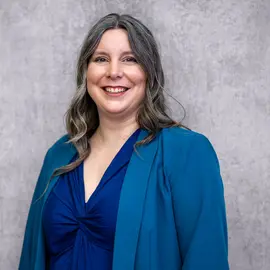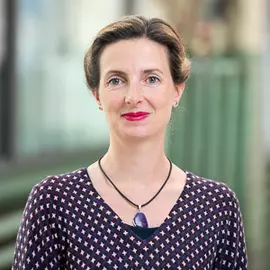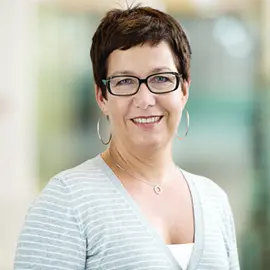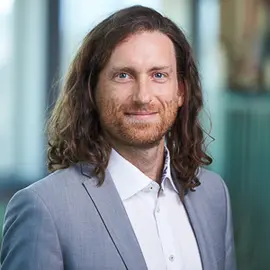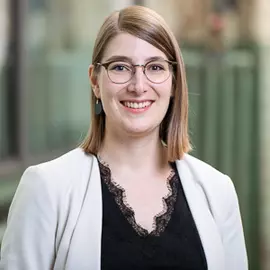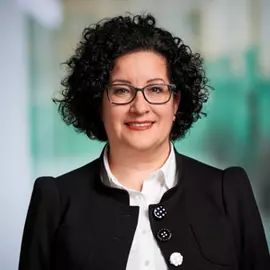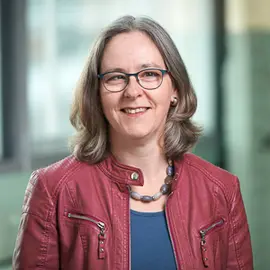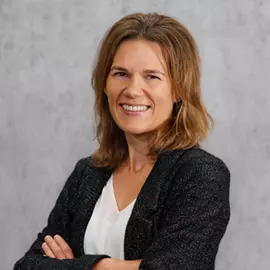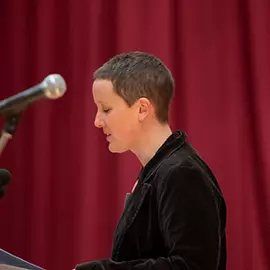About us
Multilingual communication is our profession

With about 60 members of staff representing 14 different nations, the IMK Institute of Multilingual Communication reflects the linguistic and cultural diversity of Switzerland. Our core competence is to put this diversity to good use and to mediate between languages and domains on different levels and in different contexts. As part of our focus on multilingualism, we cultivate close relationships with partner organisations and universities, networks, professional associations and industry partners within Switzerland, elsewhere in Europe and overseas.
Our teaching and research staff applies diverse methods to combine theory and practice in their teaching and research activities. Thanks to their involvement in research and experience in a variety of professional environments, they have acquired both practical and theoretical knowledge and expertise which they can pass on to students in our degree programmes and continuing education courses. This expertise also forms the basis of the business and consultancy services we offer.
The IMK was created out of the former Dolmetscherschule Zürich (DOZ), which began training professional translators and interpreters back in the 1950s. With the formation of the Swiss Universities of Applied Sciences in 1998, the DOZ, which was primarily reliant on private funding, became part of the state education system, joining the Zurich University of Applied Sciences in 1998.
Institute Management
Conseil IMK
The Conseil IMK is an advisory council that meets on a monthly basis to discuss strategic issues with the Institute directors. The Conseil is made up of representatives from all sections of the Institute. Representatives act as the point of contact for their sections and may bring issues to the Conseil for discussion.
Das könnte Sie ebenfalls interessieren
Es gibt Jobs für Sprachprofis
Generative KI verändert Sprachberufe radikal. Mehrsprachige Sprachprofis sind aber weiterhin sehr gefragt - vor allem in der die mehrsprachigen Schweiz. Warum?
Maschinelle Übersetzer sind keine Taschenrechner
Alice Delorme Benites erklärt, was man bei der Nutzung maschineller Übersetzungstools beachten muss.
Barrierefreie Kommunikation durch Technologie
Mit Technologie machen wir Videos für Menschen mit einer Sehbehinderung zugänglich. Sarah Ebling erklärt wie.
Es gibt Jobs für Sprachprofis
Maschinelle Übersetzer sind keine Taschenrechner
Barrierefreie Kommunikation durch Technologie
Generative KI verändert Sprachberufe radikal. Mehrsprachige Sprachprofis sind aber weiterhin sehr gefragt - vor allem in der die mehrsprachigen Schweiz. Warum?
Alice Delorme Benites erklärt, was man bei der Nutzung maschineller Übersetzungstools beachten muss.
Mit Technologie machen wir Videos für Menschen mit einer Sehbehinderung zugänglich. Sarah Ebling erklärt wie.
